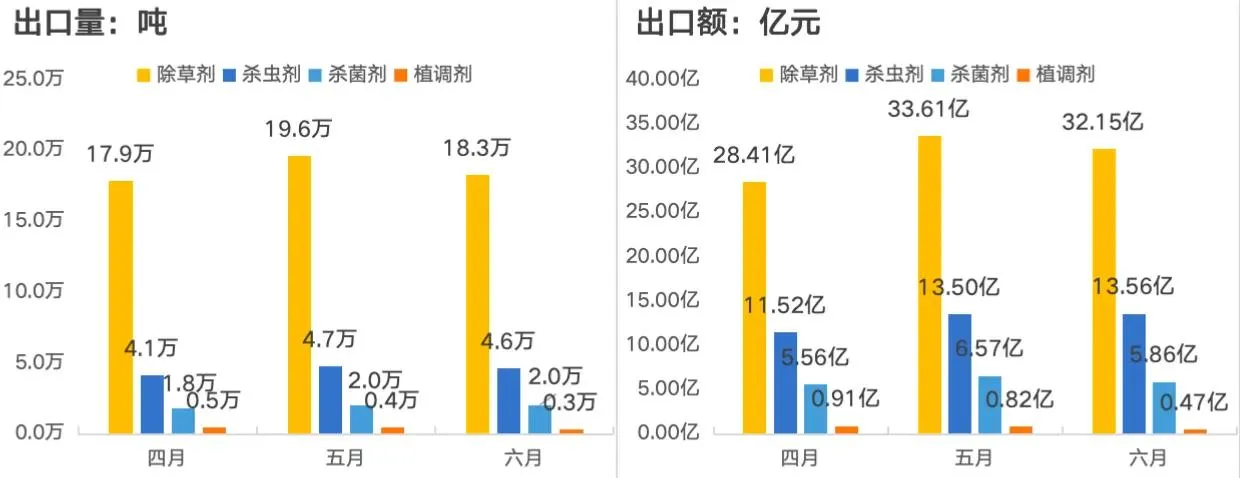
Nov . 24, 2024 00:34 Back to list
china imidacloprid 25 wp
Imidacloprid 25 WP A Key Player in Agriculture
Imidacloprid, a widely used insecticide, has gained significant attention in agricultural practices around the globe, particularly in China. As a member of the neonicotinoid family, Imidacloprid acts on the nervous system of insects, providing effective control over a variety of pests. This article will explore the formulation of Imidacloprid 25 WP (water-dispersible powder), its application, benefits, and the ongoing debates surrounding its use in modern agriculture.
Imidacloprid 25 WP A Key Player in Agriculture
One of the primary advantages of using Imidacloprid is its broad-spectrum efficacy. It is effective against a wide range of pests, including aphids, whiteflies, and beetles, which are common threats to crops in China. By targeting the central nervous system of these insects, Imidacloprid disrupts their normal functioning and leads to quick mortality, helping to protect the crops and ensure higher yield outputs.
china imidacloprid 25 wp

Furthermore, Imidacloprid exhibits systemic properties, meaning it can be absorbed by plants and provide long-lasting protection from pests. This characteristic allows for a more efficient pest management approach, as the insecticide can continue to work even after the initial application, reducing the need for multiple treatments. Such efficiency is particularly important in large-scale agricultural operations, where labor and resources may be limited.
Despite its effectiveness, the use of Imidacloprid has sparked a considerable amount of controversy. Concerns regarding its potential impacts on non-target organisms, particularly pollinators like bees, have led to increased scrutiny and regulatory measures. Some studies have suggested that neonicotinoids, including Imidacloprid, may contribute to the decline of bee populations, raising alarms within the agricultural community and among environmentalists.
In response to these concerns, regulatory agencies in China and other countries continue to assess the safety and environmental impact of Imidacloprid. Farmers are encouraged to adopt integrated pest management (IPM) practices that minimize reliance on chemical insecticides while promoting sustainable agricultural methods. This may include the use of biological controls, crop rotation, and habitat management to create a balanced ecosystem.
In conclusion, Imidacloprid 25 WP remains a vital tool for pest control in Chinese agriculture, offering effective solutions for a multitude of agricultural challenges. While its benefits are apparent, the ongoing discussions surrounding its environmental impact underscore the need for responsible usage and innovative approaches to pest management. Ultimately, finding a balance between achieving agricultural productivity and safeguarding the environment will be key to the future of pest management in China and beyond.
-
Insecticide Spirotetramat 11% + Thiacloprid 11% SC at Good Price
NewsJul.30,2025
-
Best Abamectin SDS - Premium Quality & Reliable Safety Data
NewsJul.29,2025
-
Agrochemicals Pesticides Solutions for Sustainable Farming
NewsJul.29,2025
-
High-Quality Tebuconazole Fungicide for Crop Protection at Best Price
NewsJul.29,2025
-
Chlorfenapyr 8% + Clothianidin 20%SC Pesticide Mixture for Effective Pest Control
NewsJul.28,2025
-
Best Azoxystrobin Difenoconazole Supplier for Crop Protection
NewsJul.28,2025
